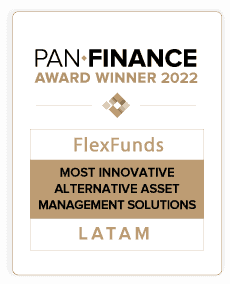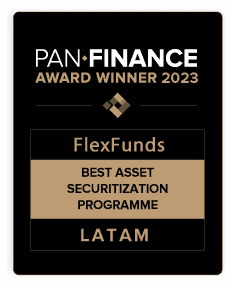The asset management industry is undergoing profound change, accelerated in the wake of Covid-19. Many of the trends influencing the industry were already in motion before the onset of the pandemic, but with social distancing, remote work, and the new communication channels, asset management firms must adapt or risk being left behind.
From 2010 to 2020, global asset management expanded in a remarkably successful decade. But the industry’s boom years have shown signs of exhaustion as asset management reaches an inflection point given a combination of structural changes: the shift of responsibility for long-term savings to individuals, the growing emphasis on non-financial outcomes, the tendency for capital to flow toward more cost-effective products and strategies, and the impact of technology on investment management.
In this context, Covid-19 not only disrupted financial markets but also brought into focus the industry’s weaknesses, accelerated its tectonic shifts, and created new problems. Asset managers responded quickly to maintain operational resilience, reassure clients, and transition to remote work. Despite increased market volatility’s liquidity and valuation challenges, most fund structures, including exchange-traded funds, performed well. Environmental, social, and governance funds, as well as fixed-income funds, also posted net gains.
Growth concentrated in a few
Research conducted by the firm PwC found that the largest companies in the sector achieved a collective growth of 14.6% in assets under management during 2020. At a closer look, the data shows that more than 75% of the increase in AUM was due to market fluctuations, with a handful of firms capturing the lion’s share of net gains.
Earnings growth lagged growth in assets under management, reaching only 3.6%, and with expenses growing by 6.1%, the operating margins average declined by 1.7%.
The global health crisis fueled geopolitical uncertainty, and it could take years for many countries to regain their previous production levels. The monetary stimulus will keep interest rates low for a considerable period but stabilize macroeconomic variables: higher inflation and higher interest rates cannot be ruled out.
Financial markets, which moved away from the real economy during 2020, could experience a correction or a prolonged period of weak performance in the near term.
More demanding investors and lower margins
Asset managers are likely to be sensing that investor demands are becoming increasingly complex. Institutional investors are focused on obtaining a combination of capital preservation, high returns, and firm performance in environmental, social, and governance funds. Retail demand for tailored solutions and diversified investments will also grow, along with advice and education. Asset managers will be forced to accelerate diversification, using alternatives to drive returns while making greater use of low-cost options such as factor investing and enhanced beta.
Companies will also face increasingly squeezed margins. Competition and regulation will erode fees across all asset classes, and the shift to lower margin strategies will also reduce revenues. In addition, economic and demographic factors will reduce net profits from historical levels of 3% to 4% to around 2% per year. At the same time, the need to invest in new products and technology will drive spending.
For KPMG, the scenario for the period 2021 – 2025 will assume a 15% growth in asset management, with average operating margins expected to decrease by 0.8%. Most firms will see profitability fall faster than the referenced value due to the accelerated phenomenon of large firms concentrating most of the market. This trend will make it difficult for many asset managers, small and medium-sized companies that do not enjoy a demonstrable source of differentiation, to survive in their current form. The most pessimistic scenario (with a market correction where asset management is unchanged for the next five years) would result in a 7.3% reduction in average operating margins by 2025.
An opportunity for change
Asset managers must make significant changes to their strategies and business models to succeed in an increasingly fluid and challenging environment. Firms will need to pursue multiple growth paths; invest heavily in data analytics and technology; adopt a flexible approach to partnerships, and increase mergers. There will also be an opportunity for firms to offset declining profits by acting on strategic cost transformation.
Not only will asset management firms need to transform their performance over the medium term, but they must use the Covid-19 disruption as a springboard to lasting success. They must actively prepare for the end of current industry paradigms by considering radical but plausible scenarios, identify their strategic implications and start planning.
In this context, FlexFunds, through its asset securitization program, provides asset managers with tools that can help to significantly reduce administrative management burdens, simplify the distribution of investment strategies, and facilitate access to investors in the global capital markets.







